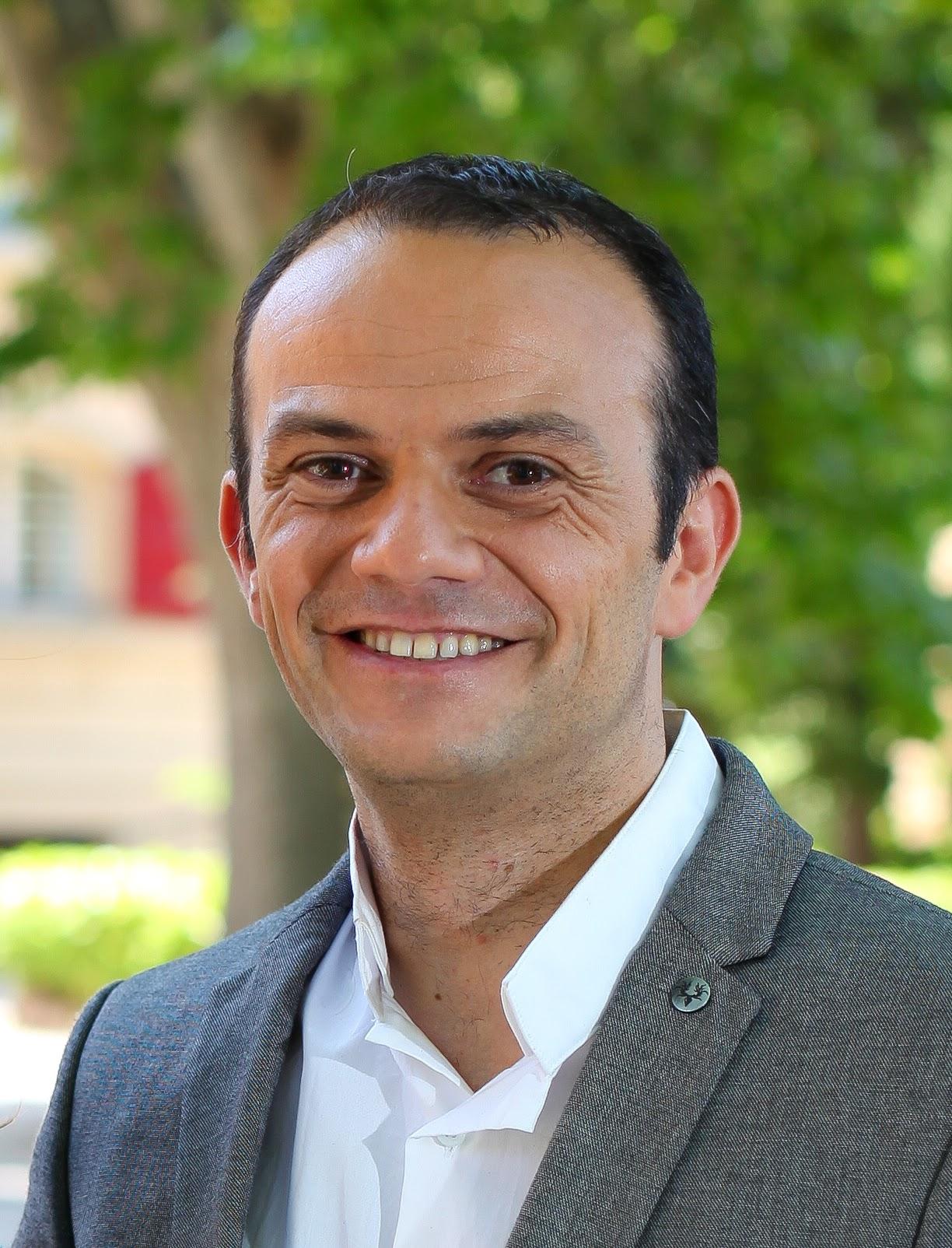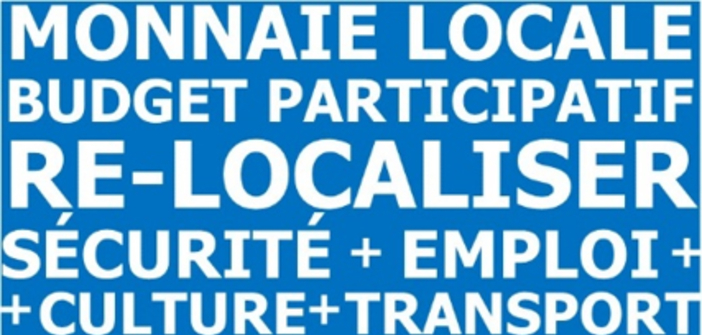Laurent LANQUAR-CASTIEL, departmental co-secretary of the ecologists, leveraging his involvement in numerous municipalities in the 06 region to support ecological projects, notably in the participatory collective of Menton, suggests that all urban areas implement “local currencies to invigorate neighborhood life”.
The ecologist continues: “We must regain the autonomy of our territories through a policy of proximity and solidarity. Competition has become unfair among different populations: while one might accept paying 2.50 or 3€ for a coffee occasionally on vacation, the average citizen cannot afford this daily. Therefore, we need to bridge the gap between the purchasing power of tourists or second-home owners and that of the residents. Some cities have become trapped in a tourism monoculture that excludes locals and only operates ten months a year to the detriment of local connections.
You only need to observe the proportion of unlit homes in the off-season to understand. A key principle of municipal policies should be to RE LOCALIZE employment, culture, energy, agriculture, housing, leisure… as close as possible to citizens.”
In practice, a local currency could be implemented similar to a meal voucher system purchased with the official currency (Euros). Its viability is ensured by the entry or exit fees (i.e., the resale of the local currency for official currency).

Laurent LANQUAR-CASTIEL illustrates his proposal: “This local currency could take the form of a “sieu d’aqui” advantage card, a payment method linked to public transport cards:
– Let’s have a participatory budget, so that residents can choose and guide municipal investments and involve them in public decisions. Create a local currency that will offer benefits for locals: preferential rates, bonuses, express lines, citizen exchanges…
– Pay subsidies and institutional aids, such as certain professional bonuses, in local currency to boost the local economy,
– Provide free access to museums and cultural services for residents,
– Develop systems of exchange and mutual assistance,
– Enable solidarity pricing, with “gold” or “platinum” cards allowing access to more services based on income level, to encourage local assistance.”


